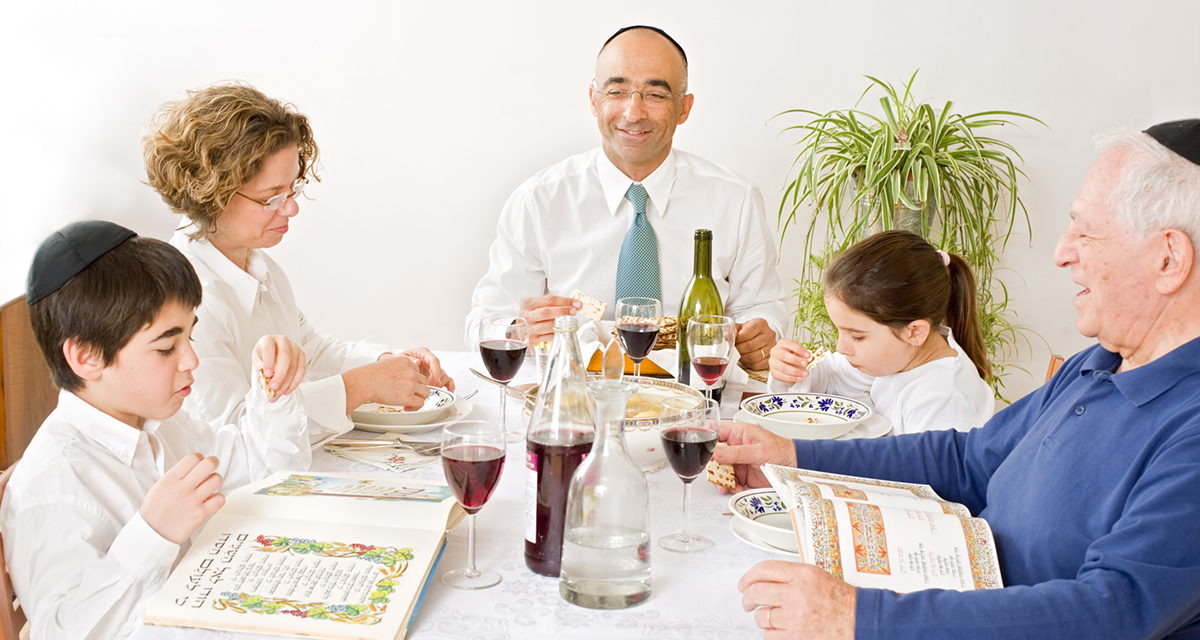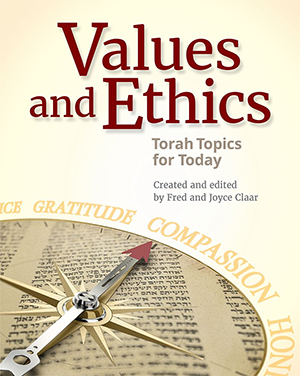PASSOVER —
Asking questions is essential to childhood. Doing one’s best to answer these questions is part of being a parent. Sometimes we are delighted by these questions, and at other times we are discomfited, at a loss as to how to answer them. Whichever it is, we know how important it is for our children to keep on asking questions.
This coming week is time for the yearly Passover seders. The Torah and the rabbis who shaped the seders placed children’s questions at the heart of the seder. Not only are the “Four Questions” designed to specifically engage children. The purpose of much of what we do differently on this night is precisely so that children will ask spontaneous questions. We cover and uncover the matzoh at strange moments. We hide the Afikomen, a piece of one of the matzahs on our seder plate, and we do odd things with unusual foods like dipping bitter herbs in salt water.
The seder speaks of four different kinds of children with four different approaches to the Passover Seder: the wise, the wicked, the simple one, and the one who does not know how to ask. Many of us would be uncomfortable placing any child in the wicked category. However, the point really is that there are different kinds of children with different kinds of learning styles. The questions of each child come from the point where that child is in his own development. The goal is to address children where they are and lead them to a deeper understanding of their lives and the lives of their family and people.
TALK TO YOUR KIDS about the special heritage of the Passover story and the importance of asking questions.
CONNECT TO THEIR LIVES:
- What is your favorite part of the Passover holiday?
- How do you think the Passover story connects to your life today?
- Discuss the various rituals and their symbolism—hiding the Afikomen, dipping bitter herbs in salt water, eating a spring vegetable, having four cups of wine, asking four questions, etc. (The meaning of these rituals can be found in a Haggadah or on variety of Jewish websites, including myjewishlearning.com)
By Rabbi Dianne Cohler-Esses
Values & Ethics—Through a Jewish Lens is created by Fred and Joyce Claar to bring the wisdom of Judaism into family discussions.






